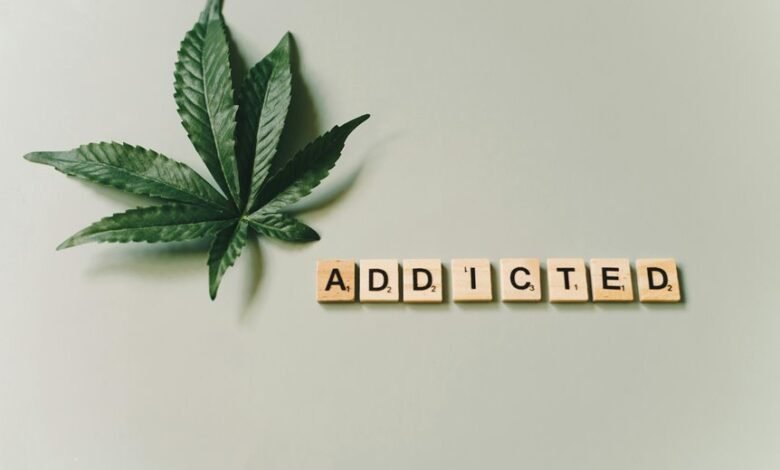Can You Become Addicted to Cbd

The potential for addiction to CBD has become a topic of interest among researchers and health professionals. Unlike addictive substances such as opioids or alcohol, CBD is generally considered non-psychoactive and does not lead to physical dependence. However, the nuances of its effects and long-term implications are still under investigation. Understanding these factors is crucial for consumers contemplating its use and the implications for their health. What might the future of CBD reveal?
Understanding CBD: What It Is and How It Works
Although many people are curious about its effects, understanding CBD—short for cannabidiol—begins with its classification as a non-psychoactive compound derived from the cannabis plant.
CBD interacts with the endocannabinoid system, modulating various physiological processes. The potential CBD benefits include pain relief, anxiety reduction, and anti-inflammatory properties, stemming from its unique mechanisms that influence neurotransmitter activity and promote homeostasis in the body.
The Science of Addiction: Can CBD Lead to Dependency?
The potential for addiction to substances often raises concerns, especially with the increasing popularity of CBD.
Current dependency studies suggest that while CBD effects may influence mood and anxiety, they do not typically lead to physical dependence.
Research indicates that CBD is generally considered low-risk for addiction, contrasting sharply with substances known for high dependency potential.
Further investigation is necessary to fully understand its long-term implications.
Comparing CBD With Other Substances: Risk of Addiction
How does the risk of addiction to CBD compare with that of other substances?
Research indicates that CBD has a low addiction potential compared to substances like opioids or alcohol.
While CBD benefits include relief from anxiety and pain, its non-psychoactive nature contributes to minimal dependency risks, distinguishing it as a safer alternative for those seeking therapeutic effects without the looming threat of addiction.
Responsible Use: Best Practices for Incorporating CBD Into Your Routine
Understanding the low addiction potential of CBD is important for users looking to integrate it into their daily lives safely.
To ensure responsible use, individuals should follow dosage guidelines, starting with lower amounts and gradually increasing as needed.
Routine integration can be achieved by incorporating CBD into existing practices, such as morning supplements or evening relaxation techniques, promoting consistency and enhancing overall well-being.
Conclusion
In a world where addiction is often linked to pleasure, it's almost ironic that a compound like CBD, celebrated for its calming effects, poses little risk of dependency. As research continues to unfold, consumers may find solace in the idea that something meant to alleviate anxiety is unlikely to create a new source of it. Thus, while the allure of CBD may capture attention, its potential for addiction remains a mere whisper in the conversation about substance use.






